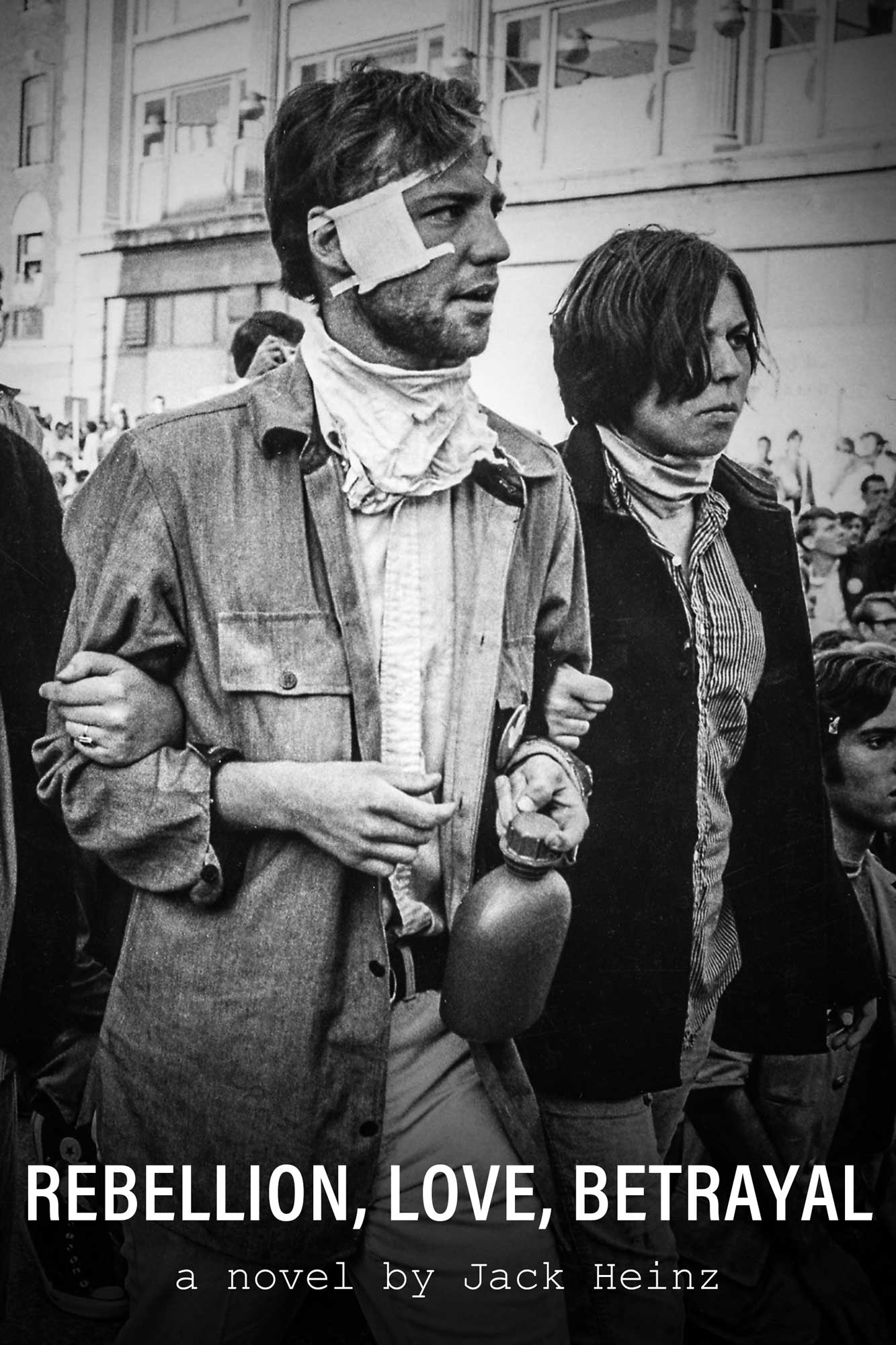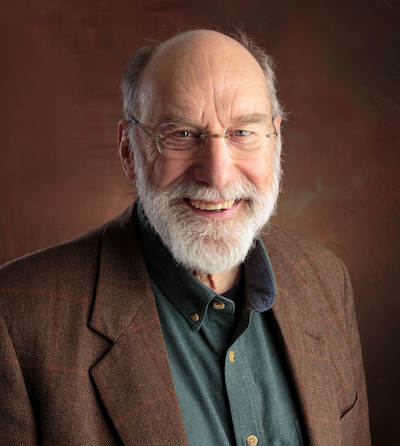New Novel Looks at Dissent and Political Violence in the 1960s
Retired IPR faculty researcher explores key issues through fiction
Get all our news
I didn’t want to be dogmatic about it, and I didn’t want to be authoritative about it because I don’t feel authoritative about it.”
John Heinz
Owen L. Coon Professor Emeritus of Law and IPR faculty emeritus

John Heinz, Owen L. Coon Professor Emeritus of Law and IPR faculty emeritus, has a new title to add to his many other distinguished honors: novelist.
Since his retirement in 2007 from Northwestern’s Law School, he completed several legal research projects, and he and his wife Anne Heinz edited a collection of 19th-century Illinois women’s letters. What to take on next? A novelist friend suggested Heinz try his hand at fiction.
“Fiction? I’ve never done that in my life! I don’t know how to do that,” Heinz recalled. “And he said, ‘Why don’t you give it a try?’”
The result was Rebellion, Love, Betrayal (Deeds Publishing, 2019). The novel features a doomed romance set in the turbulence of the late 1960s. Heinz captured the zeitgeist, describing police beatings and terrorist bombings, a sprinkling of sex, and passionate debates about how far to go in protesting political decisions.
In writing the novel, Heinz combined his long-time interest in government tracking of political dissidents—he was part of the legal team that fought to shut down the Chicago Police Department’s infamous Red Squad in the 1970s and 1980s—and his desire to tell a story that grapples with difficult moral decisions.
The novel’s main characters are Bill, a CIA undercover informant, and Liz, an anti-war activist, who fall in love in 1968. The plot is powered by her increasingly violent protests against the Vietnam War and his responses even as their relationship deepens.
“I wasn’t intending to write a sermon,” he said. “But, if there is a message, it lies in the questions of what a legitimate democratic society should do in a situation like this or, for that matter, what citizens should do.”

Heinz strove for an even-handed tone, he explained, because he wished to emphasize the complexity and ambiguity of the answers.
“I didn’t want to be dogmatic about it, and I didn’t want to be authoritative about it because I don’t feel authoritative about it,” he noted. “I guess it’s the law professor coming out in me. We pose questions, [but] we don’t necessarily answer the questions.”
He enjoyed the challenges of writing fiction so much that he is writing two more novels. One is the story of a Midwestern family very loosely based on his own. The other, a murder mystery, includes a character from Rebellion, Love, Betrayaland is set in the Adirondacks.
Heinz does not connect Rebellion, Love, Betrayal directly to our current politics, but when he signs the flyleaf for friends, he writes, “With the hope that these days do not come again.”
John Heinz is Owen L. Coon Professor Emeritus of Law and IPR faculty emeritus.
Published: August 14, 2019.


